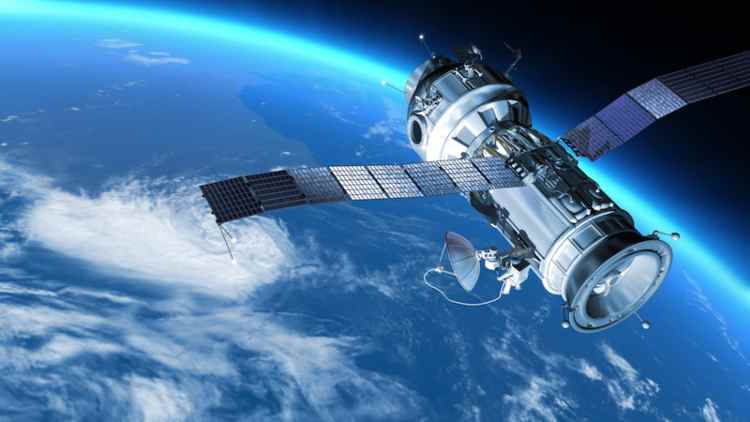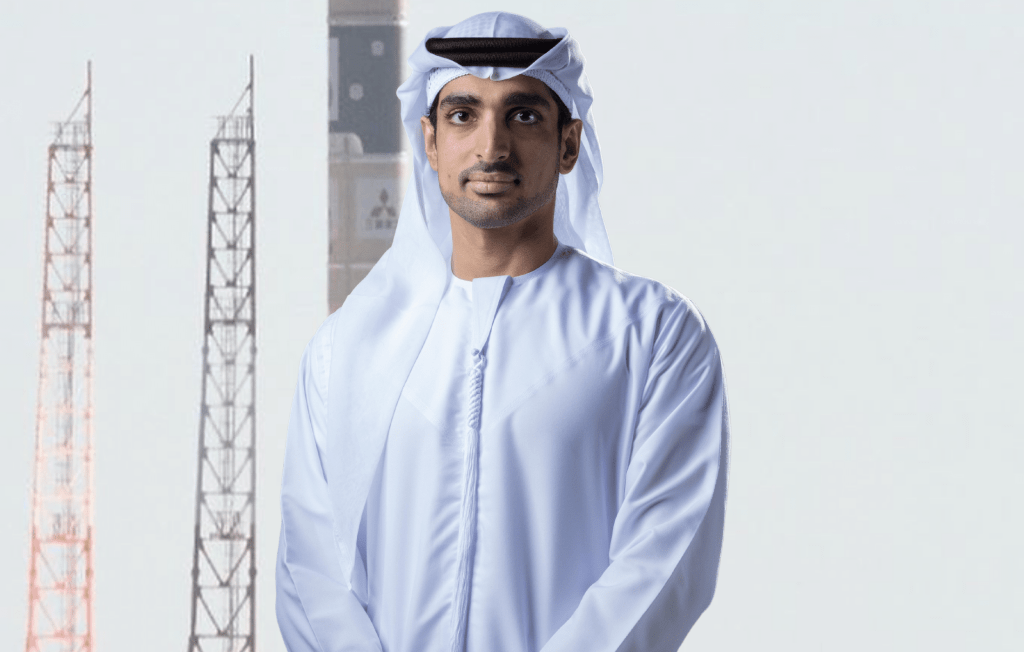Outer space is the expanse that exists beyond earth and its atmosphere. For the longest time, outer space was an untouchable dimension and mystery to all because it is a constant reminder and a tease of how far we still have to go. Starting the cold war era, it became a powerful tool and super race for the world’s superpowers; the U.S and the Soviet Union. Ever since, emerging space powers including UK, France and India have also been taking notes. It was no different for our region, the UAE has joined the club of outer space with its first mission to Mars in 2020. The country continues to invest in its people and resources when it comes to outer space, which is why it comes as no surprise when announced the UAE will chair the committee on the peaceful uses of outer space.

Committee on the Peaceful Uses of Outer Space
First, let’s dive deep into understanding what the committee is and what it does for outer space. COPUOS was set up by the UN General Assembly in 1959 to govern the exploration and use of outer space, with a focus on benefiting humanity, peace, security, and development. The committee constitutes of 100 member states and is entrusted with reviewing international participation in the peaceful exploration and utilization of space. Its role is becoming more and more significant as outer space advancements continue to prevail. Its two subsidiary bodies, the scientific and technical subcommittee, and the legal subcommittee each concentrate on respective issues but serve the same end goal. The scientific and technical subcommittee concentrates on space-related activities and encourages space research projects. In addition, the legal subcommittee plays a role in studying the legalities behind the exploration of outer space and recommending policies to support its exploration. COPUOS has an influential role when it comes to the creation of treaties and principles of outer space and so far has been responsible for five treaties. Amongst the most prominent, is the outer space treaty of 1967, which outlines the peaceful use of space by banning the stationing of weapons in outer space.
The Role of the UAE
The UAE will chair the committee on the peaceful uses of outer space. Head of the committee Omran Sharaf, will chair COPUOS for the duration of two years starting this year. Sharaf’s career is an honorable one as he was the project director of the Emirates Mars Mission at the Mohammed bin Rashid Space Centre in Dubai and worked on its Hope Probe, which is currently orbiting Mars. He has gained his Master’s degree in South Korea, where he also worked on the development of the DubaiSat-1 and DubaiSat-2 remote sensing satellites. Sharaf is the ideal man for the job as he has previously represented the UAE at COPUOS and the International Committee on Global Navigation Satellite Systems. “As both a young nation and a relatively new entrant to the space sector, we have benefited from the amazing work of the pioneers who have gone before us. Alongside that heritage, we have also found scope to innovate and challenge what has become accepted norms and we look forward to bringing a spirit of open dialogue and cooperation but also seeking to define solutions and new ways of looking at some of the emerging challenges and opportunities facing our sector and, indeed humanity” he said.
Sheikh Mohammed bin Rashid, Vice President and Ruler of Dubai, expressed his pride in the UAE’s achievement and its youths who have reached space, lead global issues and head international institutions. “I am proud of the UAE winning the presidency of the United Nations Committee on the Peaceful Uses of Outer Space. I am proud of the son of the Emirates, Omran, who will be heading this high international position” he said.
So what does this mean for the UAE? The impact of such achievement can be observed on a regional level, as the UAE unlocks opportunities for outer space achievements for the whole region. During its presidency, the UAE is looking to globally strengthen space and science diplomacy, encourage equal and peaceful access to space for all countries, and ensure member states’ compliance with international legal frameworks and UN treaties governing the sustainability of outer space. It also seeks to support and encourage knowledge transfer programs among member countries in an attempt to complete tasks more efficiently and develop the global space economy.
It is inspiring to witness such achievement in the region and we can’t help but imagine what the future holds for the UAE in outer space. We are hopeful that this will be the beginning of a booming sector that will affect the future of generations to come.
WE SAID THIS: Don’t forget.. A Deep Dive Into Egypt’s Latest Mega-Project: A City Dedicated To Space!




